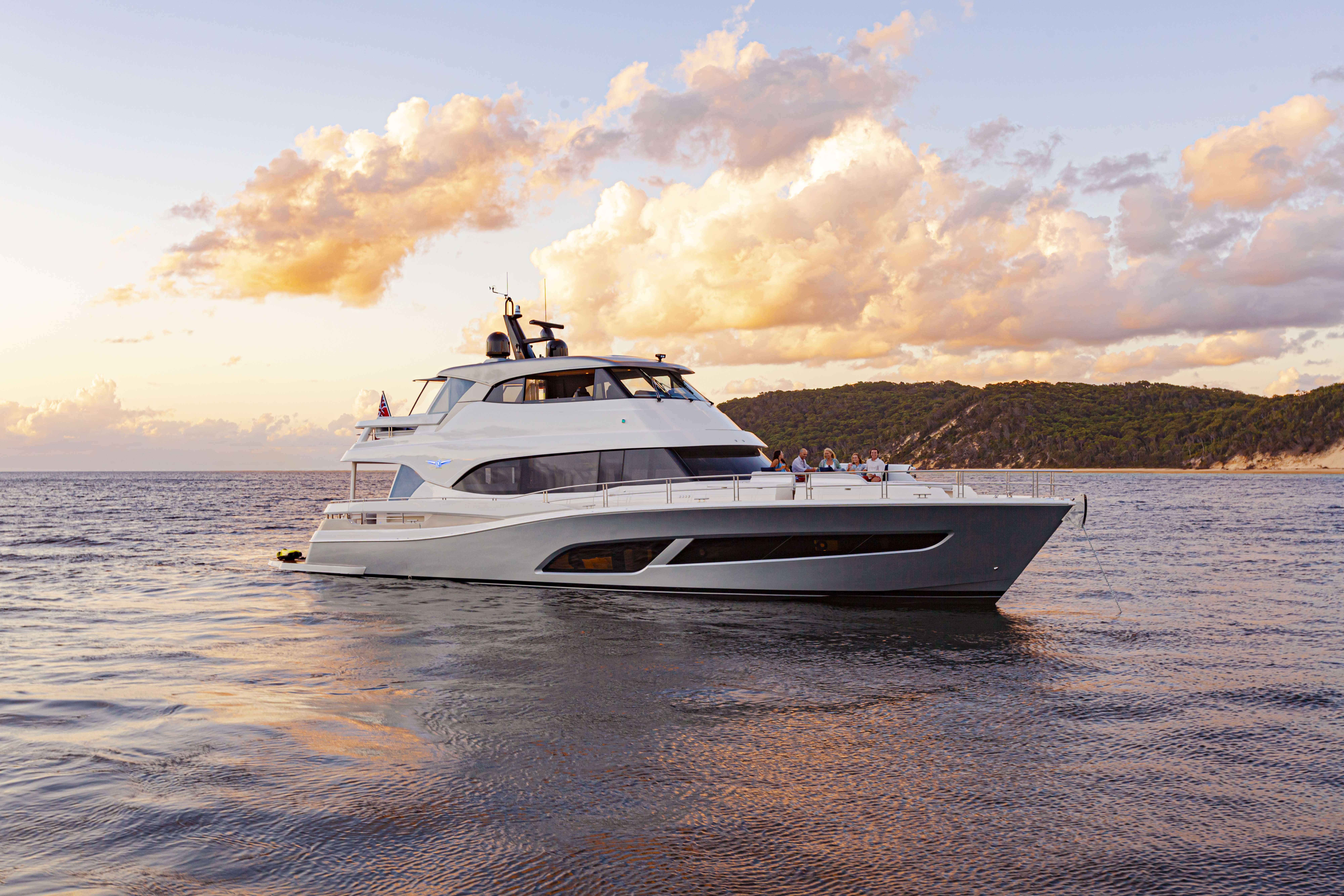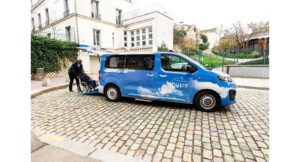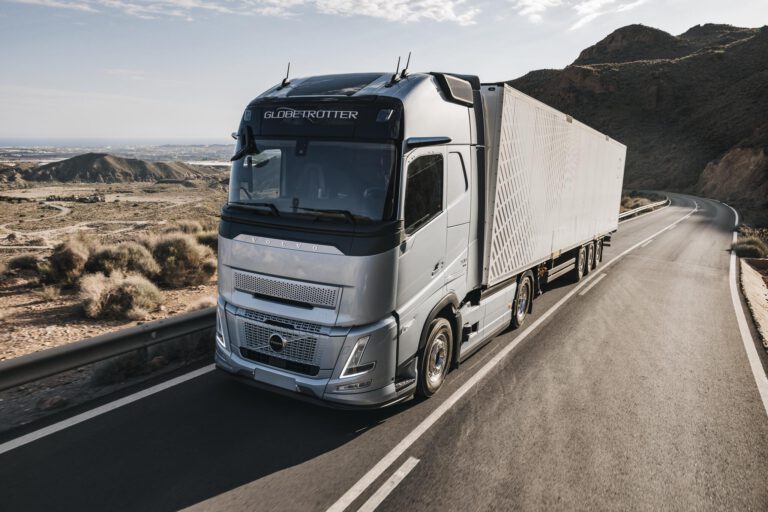While the dream of self-driving cars being readily available for purchase remains on the horizon, the automotive industry is making significant progress with Assisted Driving systems. These systems, already integrated into around 90% of new cars, are proving instrumental in enhancing driver safety. Euro NCAP, renowned for its comprehensive rating program, has been rigorously evaluating Assisted Driving systems over the past three years. In its latest assessment, Euro NCAP highlights the remarkable performance of the Renault Austral, Nissan Ariya, and Alfa Romeo Tonale.
Research shows that distractions and drowsiness are the leading causes of crashes on highways, often resulting in unintended lane departures or rear-end collisions. Assisted Driving systems effectively address these challenges by keeping drivers attentive and assisting in actions related to fatigue. Through their ability to steer the car within the lane and maintain a safe distance from the vehicle ahead, these systems provide ample time for the driver to react and brake safely.
It is important to note that Assisted Driving systems are not meant to replace human drivers entirely. Euro NCAP emphasizes a collaborative approach, where the driver and the vehicle work together to share the driving responsibilities. When used within this balanced framework, Assisted Driving technology significantly contributes to safer road conditions. However, Euro NCAP highlights the risks associated with inadequate communication or over-reliance on the system, which can jeopardize the safety of both the driver and other road users. To assess system performance, Euro NCAP utilizes meticulous track-based evaluations, measuring factors such as steering, braking, collaboration, and the car’s ability to avoid potentially dangerous situations. The grading also considers the accuracy of the information provided to consumers and the driver’s training on system usage.
The latest release of Euro NCAP’s gradings reveals the impressive capabilities of Assisted Driving systems and their increasing integration into vehicles from mainstream manufacturers. Notable standouts in this evaluation are the Renault Austral Active Driver Assist and the Nissan Ariya ProPILOT Assist systems, both achieving Very Good grades. The Austral’s system set a new benchmark among Renault’s Assisted Driving systems tested by Euro NCAP, scoring the highest points thus far. These cars impressed test engineers with perfect scores in collaborative driving tests, ensuring compatibility with drivers and preventing over-reliance on the technology. Additionally, their ability to respond to various road features, such as slowing down for tight corners and roundabouts, enhances driver safety and reduces fatigue. The Nissan system’s capability to slow down for junctions further adds to its benefits. While the Alfa Romeo Tonale Active Driving Assist system had some misleading references to automation in its promotional material, it still received a Moderate grade due to its balanced levels of Vehicle Assistance and Driver Engagement, along with good safety back-up scores.
Euro NCAP strongly advocates a collaborative approach between drivers and vehicles when utilizing Assisted Driving Systems. This approach ensures that drivers maintain their focus on the road, with hands predominantly on the wheel, eliminating any potential over-reliance on technology. Looking ahead, Euro NCAP eagerly anticipates the implementation of their extended protocols for assisted driving in non-highway conditions, set to be introduced next year.
Photo: EURONCAP
















+ There are no comments
Add yours